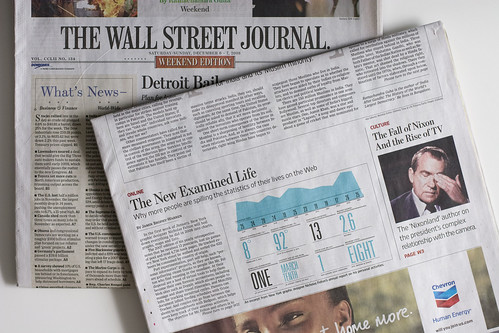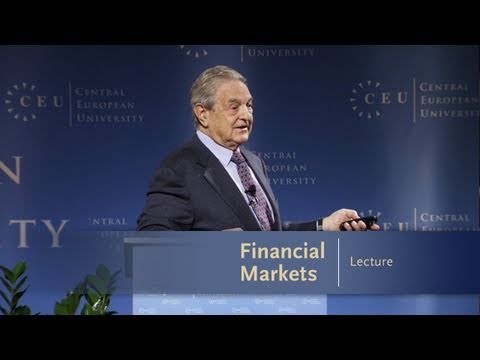“You can’t beat the market because it is smarter than you are. Intellectually, the only task is trying to work out what the market is telling you.”
The late Robert Leroy Bartley, Pulitzer prize-winning former editor of the Wall Street Journal and economic darling of the Reagan and Bush administrations, knew a thing or two about markets. He also noted: “In general, ‘the market’ is smarter than the smartest of its individual participants”. That means you.

That outlook may be useful as a watchword for those in danger of getting carried away with their own bullish self-belief. But, at the same time, it is out of the same pessimistic tradition as that expressed by Don John Tyson, former chairman and chief exec of the famous food empire that bore his name. Tyson famously said with some cynicism: “If you take $20,000 in 100 dollar bills and walk up on a windy hill and tear them up and watch them blow away, and it doesn’t bother you, then you should go into the commodities market.”
Markets don’t always get a good press.
Springing into action
These thoughts are timely, not only because of the eye-catching movements in the energy markets and the uncertain geopolitical conditions in Europe, but also because the springtime brings a wealth of sports betting markets blooming into life. The Super Bowl may have come and gone, but there is a steady stream of follow-on events that are part of the annual sporting schedule. Each of these carries in its wake the most organic, natural and uncomplicated market making.
At the time of writing the UK’s Cheltenham Festival – the carnivalesque climax of the jump racing season – is fast approaching. The market in Cheltenham Festival betting is bubbling into life with Paul Nicolls’ trained Saphir du Reu looking like a popular favourite for the World Hurdle. In Cheltenham’s slipstream, the Grand National looms as the world’s favourite – and most wagered on – horse race. There, too, the market makers are energetically weighing up the odds and calculating the precise balance of a competitive price and a realistic return across the book. The Masters golf is just around the corner, the English Premier League and the European Champions League in soccer are also building towards their respective climaxes, and countless other contests are attracting the interests of punters from all corners of the world.
Markets may not always get a good press, but they are not only the engine of capitalism, they are a source of considerable recreational attention as well.

A boom in betting
Those who are in the happy position of making these markets have been enjoying rich returns in recent years. The explosion in handheld and smartphone technologies has proved to be the perfect complement to the cash gaming industry. The ease, security and anonymity with which would be investors are able to place bets online across the full gamut of international sporting contests has seen healthy profits recorded by the familiar names in the industry that need no extra publicity here. Overall the sector is showing 12% annual growth.
As governments around the world have woken up to the potential tax revenues that are to be captured by a fully legitimated betting industry, the legislative environment in which those market makers operate has been eased. Betting is increasingly a part of the mainstream leisure industry, no longer is it confined to its historical margins. These are good times for the gaming sector.
Big picture, little picture

George Soros, another man who might be said to be worth listening to on the subject of markets, offers the following advice that is as apt for those recreational sporting ‘investors’ just as much as those who ‘play’ the markets on a professional basis: “It’s not how right or how wrong you are that matters but how much $ you make when right and how much you do not lose when wrong.”
Soros is notoriously a pragmatist. The intellectual question of what the market is telling him is always likely to take second place to how much he can extract from it. Inevitably the two activities overlap. But teasing apart precisely how they do so requires more intellectual input than most of us are capable of. Enjoying the experience that a sports bet has to offer is a lot less strenuous – even if it does leave you at the mercy of the market makers.
